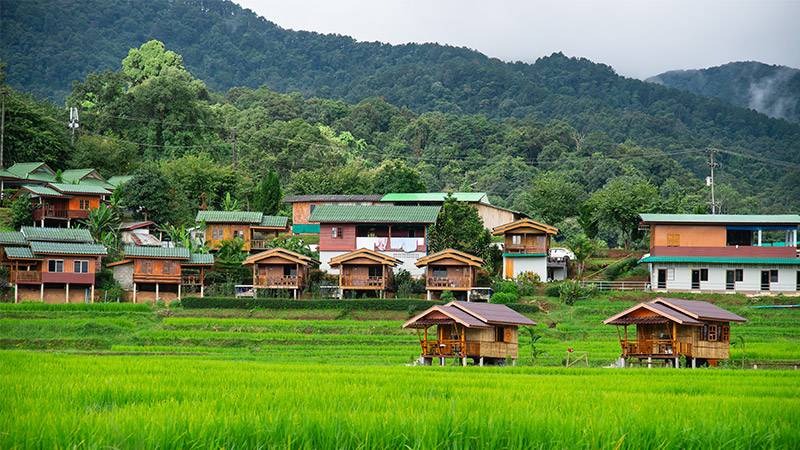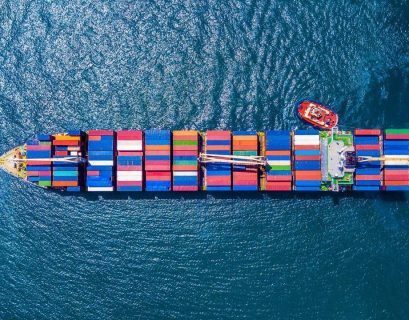In stark contrast to the prevalent waste management challenges faced across Bali, Padangtegal Village has become a shining example of sustainable waste practices. In a country where a significant portion of waste is often discarded in ravines, later carried out to sea by monsoon rains, this village has embraced an impressive zero-waste policy, quietly spearheading an environmental revolution.
Since 2015, Padangtegal has implemented a policy where all waste undergoes recycling or composting, largely driven by the vision of local resident I Made Subrata. Concerned about the escalating volume of waste in the village, Subrata proposed a series of simple yet impactful changes. His plan centered on the principles of reduce, reuse, and recycle, with various programs established to support these three Rs.
In stark contrast to much of Bali, Padangtegal has rejected the use of single-use plastics, encouraging residents to opt for reusable shopping bags. Comprehensive recycling programs cover a range of materials, including plastics and metals, while food waste is composted and utilized as fertilizer for village gardens and crops. This waste management strategy has proven its effectiveness, with only 5% of the village’s waste ending up in landfills in 2018, a stark contrast to the national average of 70%.
Beyond the significant reduction in waste, these initiatives are fostering local economic growth by generating employment opportunities and raising environmental awareness. An extensive education and outreach program reinforces the significance of waste reduction and recycling, with a particular focus on involving children in recycling workshops and composting demonstrations.
Padangtegal’s successful waste management system is not only benefiting its own community but is also serving as a model for other villages, both in Bali and internationally. Several larger villages, including Tegaltirto Village in Gianyar Regency, Seseh Village in Canggu subdistrict, and Sawan Village in Gianyar Regency, with populations ranging from 5,000 to 10,000 people, have adopted zero-waste policies since 2018, 2019, and 2020, respectively.
The success of these villages, and the growing number of others following suit, stands as a powerful testament to what can be achieved through education, community involvement, and innovative waste management practices. The hope is that Padangtegal’s low-waste model will continue to inspire communities across Bali and perhaps extend its influence to other islands in Indonesia.
While the pace at which this waste revolution spreads remains uncertain, the potential is immense. With the right support and ongoing commitment from residents, these environmentally conscious practices may serve as a catalyst for broader change in waste management perspectives and practices.


















